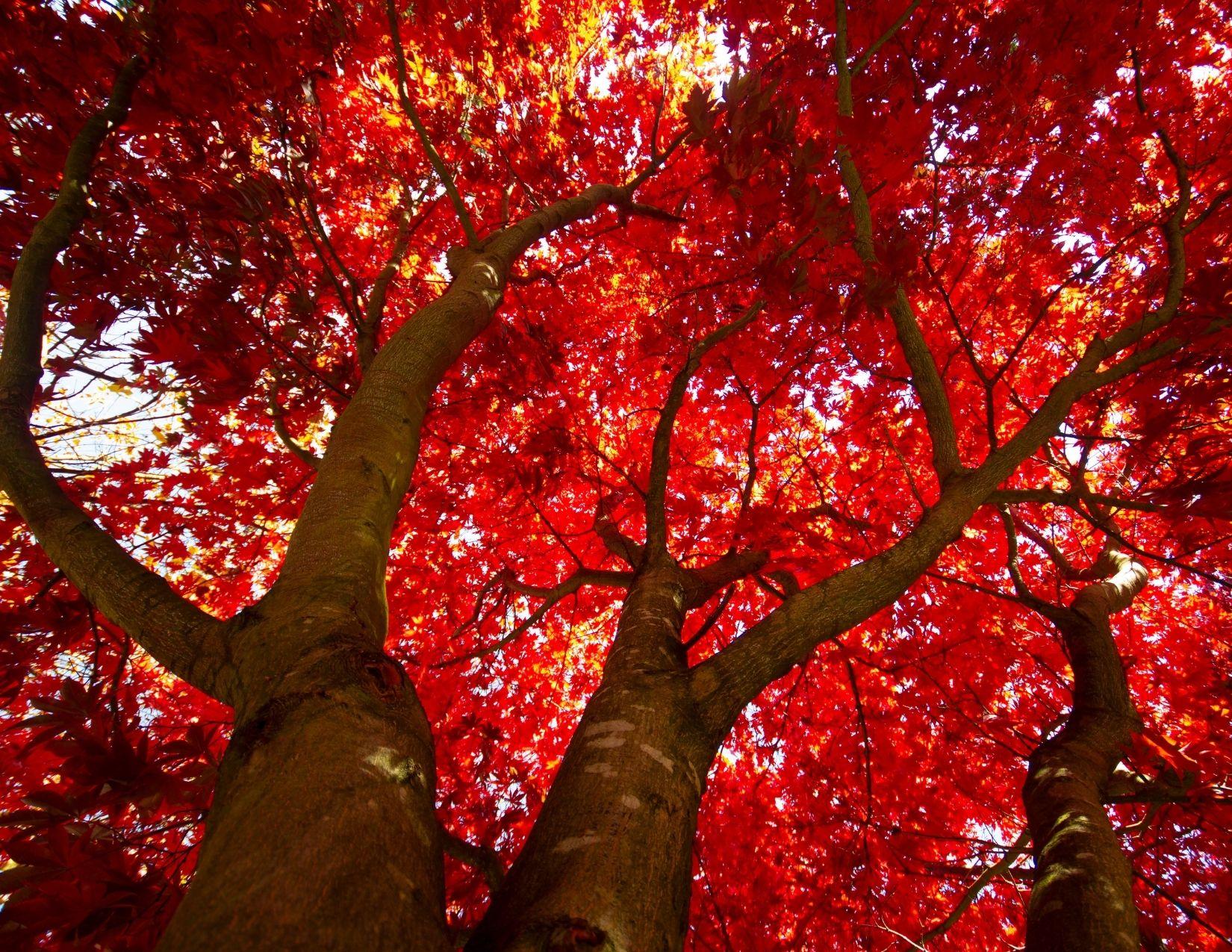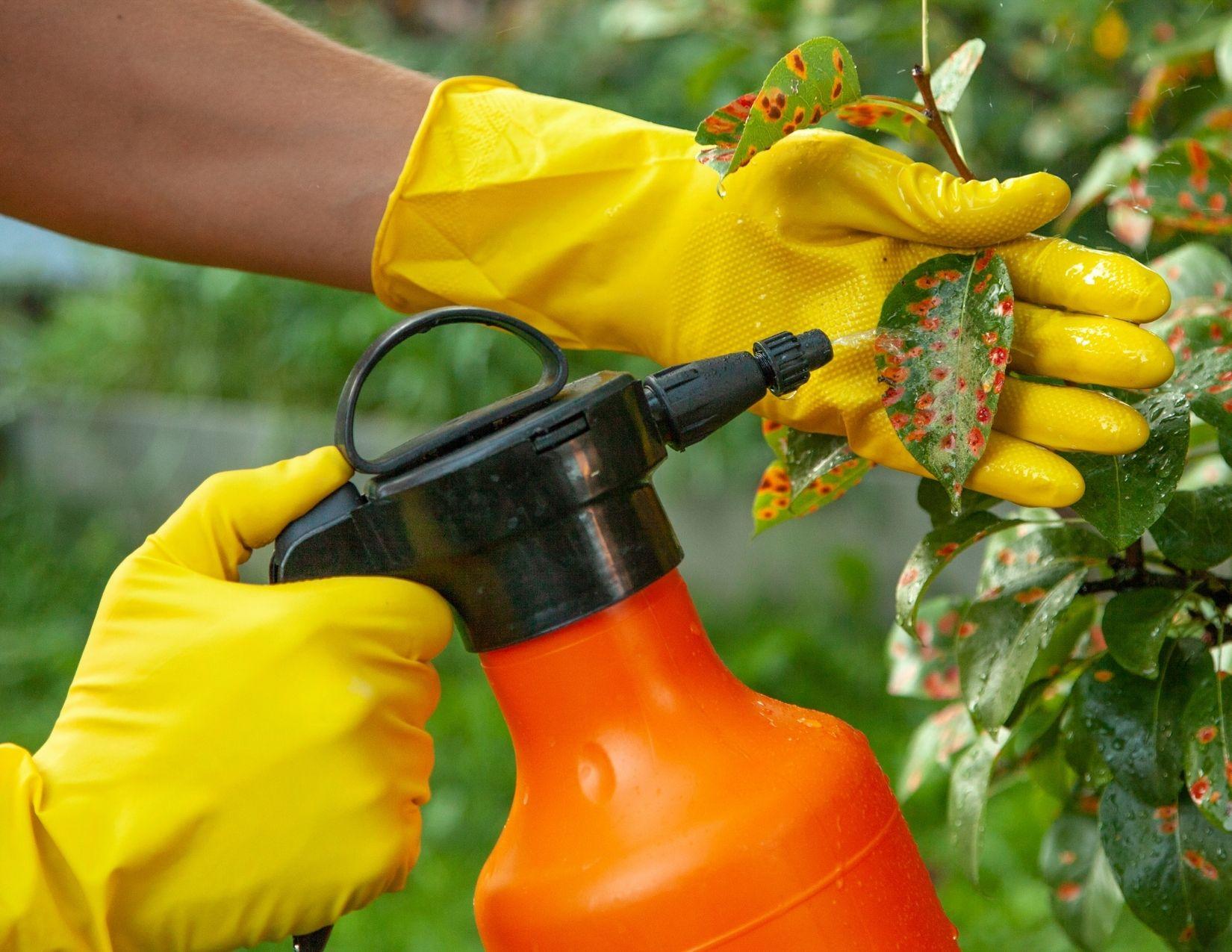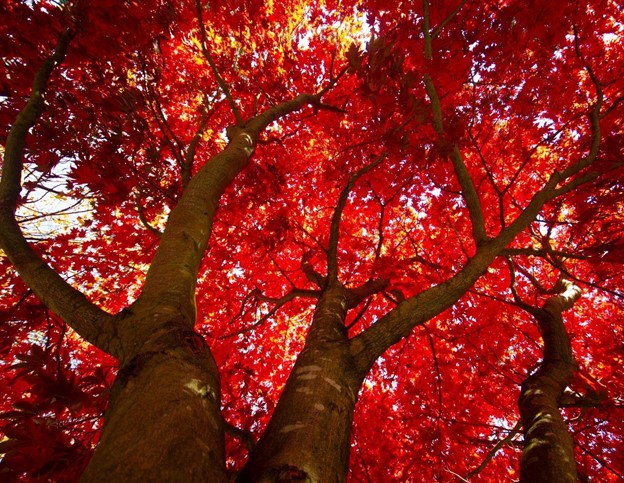Most homeowners in North Carolina know about the more obvious ways to increase home value, like replacing light fixtures, updating kitchens, and installing new energy-efficient windows. However, most don’t realize the significant impact trees can have on curb appeal and, by extension, property value.
Below, we’ll offer some insight into which trees add the most value to homes and why looking for an arborist in North Carolina could help you sell your home for more. We’ll also offer some average pricing for standard tree services throughout the state to put into perspective how affordable raising your home’s value can be.
Which Trees Boost Home Value Most in North Carolina?
If you’re looking for the best bang for your buck when it comes to planting new landscaping trees, consider the below in North Carolina.
Red Maple
Red maple trees are massive and add a ton of natural beauty to your home. They’re stunning in the fall and provide plenty of shade in the hot summers.

Loblolly Pine
Loblolly pine trees are a popular choice in North Carolina because they offer shade and privacy, both of which can improve property value.
Japanese Magnolia
Japanese Magnolia trees are small, flowering varieties that provide elegance and beauty to any landscape. They thrive in North Carolina and require relatively little care.
Purple Orchid Tree
Buyers and neighbors alike will adore any purple orchid trees on your property. Their flowers are gorgeous, and they grow full crowns that provide lots of privacy.
Tree Maintenance With the Best ROI
Planting the above tree species in your yard in North Carolina is likely to increase your property value instantly. However, it’s not enough to put trees in; you also need to maintain them. Below, we’ll discuss the most common tree maintenance in North Carolina and why these efforts may cause buyers to pay more for your home.
Annual Pruning
Annual pruning is the most affordable and effective tree maintenance strategy for boosting home value. Calling in an arborist or professional tree trimmer for pruning once per year provide numerous benefits.
First, and most importantly, pruning will remove dead branches and shape up the canopy. Trees getting pruned professionally often go from looking wild and unkempt to perfectly manicured. The practice will improve your home’s curb appeal, which will likely leave buyers with a positive first impression as they walk through your home. First impressions are crucial for maximizing interest in your home and your sale price.
Second, pruning helps your tree grow a dense canopy. After removing branches that compete with one another, your tree will be free to grow a fuller canopy. Dead or dying branches won’t get in the way of new growth, so your trees will provide more privacy once pruned. Studies show that the perception of privacy on a property can instantly boost home value.
Finally, pruning encourages your tree to grow more healthily, limiting the energy wasted on dying branches and redirecting resources to new growth. Pruning can help protect from disease and pest infestation as well, meaning your trees are less likely to look sickly and more likely to appear vibrant and healthy. This improves your curb appeal and may subconsciously communicate to buyers that your home as a whole is well-maintained and cared for.
Cost of Pruning in North Carolina
The average cost of pruning services in North Carolina is around $170 per tree, and you stand to boost home value by thousands by carrying out the service.
Pest Protection
Trees in North Carolina are, unfortunately, prone to a variety of insects. The list of tree pests in the state is lengthy, but the most common insects include lace bugs, emerald ash borers, bagworms, and leafminers.
The pests in North Carolina are notoriously destructive to native trees and non-native landscaping trees. Once an infestation has begun, your tree will likely suffer the effects immediately and may die off in just a few months.
Symptoms of a pest infestation include wilting, damaged bark, damaged leaves, and dead or dying branches. Not only will infested trees generally detract from curb appeal, negatively affecting property value, but educated buyers may notice the symptoms and expect to have to deal with the headache of tree removal or pest treatment after closing to protect the home.
Considering this added work and risk of damage, they may be willing to offer less for your property.
Cost of Pest Treatment in North Carolina
Most homeowners in NC pay a few hundred dollars each year for pest treatments. This service is almost always worth the investment to keep curb appeal high and property damage to a minimum.

Disease Prevention
Tree diseases are another threat to trees in North Carolina. The most common issues in the state include anthracnose, Dutch elm disease, root rot, and hypoxylon canker. Just like pest infestations, these diseases can kill your trees and make them appear sickly in a matter of months.
Diseased trees will very often leave buyers with a negative first impression of your home, making them more likely to nitpick other issues or offer less for your home altogether. Educated buyers might realize that they’ll be in for tree issues or costly removal after closing.
Even if buyers don’t recognize specific symptoms, infected trees might signal to them that your home is not well-cared for and that additional issues may surface after closing.
Cost of Disease Prevention in North Carolina
Preventing these diseases is often as simple as quarterly treatments that total a few hundred dollars a year. This is another service that is well worth the money, as it can lead to buyers paying more for your home in the long run.
Wrapping Up: Boosting Your NC Home Value With Trees
The trees on your property can significantly impact a buyer’s opinion as they view your home and on the value overall. While dead or unkempt trees can detract from curb appeal and give a negative first impression of your home, healthy ones can add tons of natural beauty, privacy, and shade, all of which buyers are often willing to pay a premium for.










